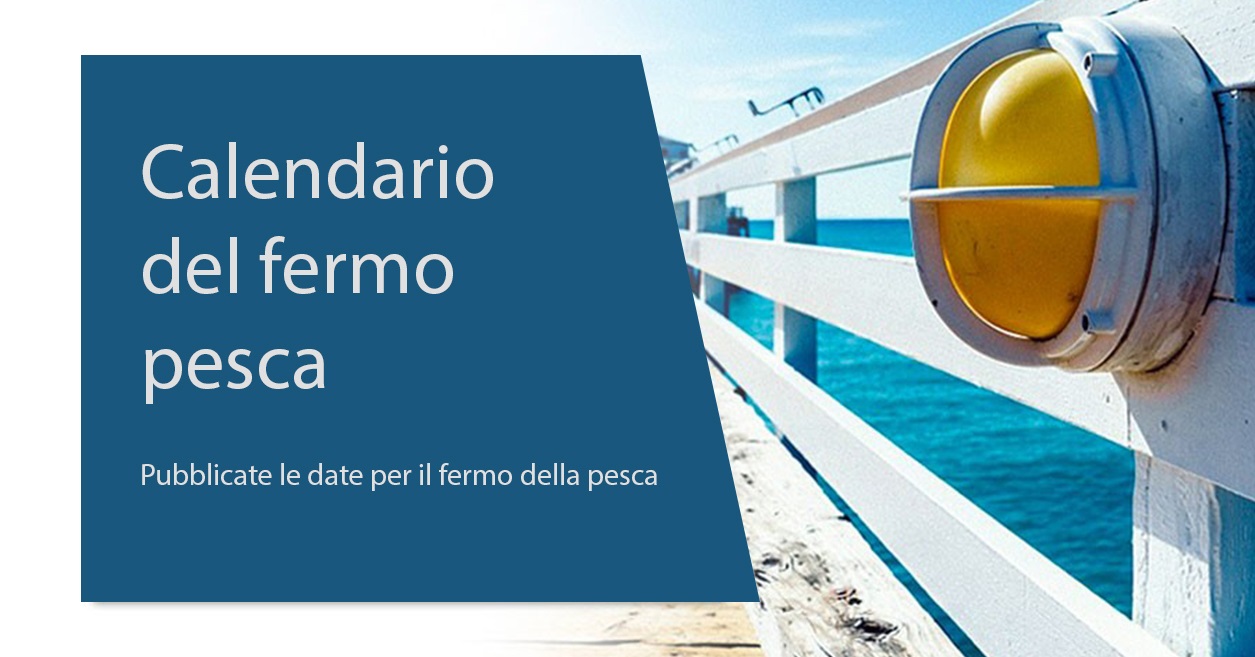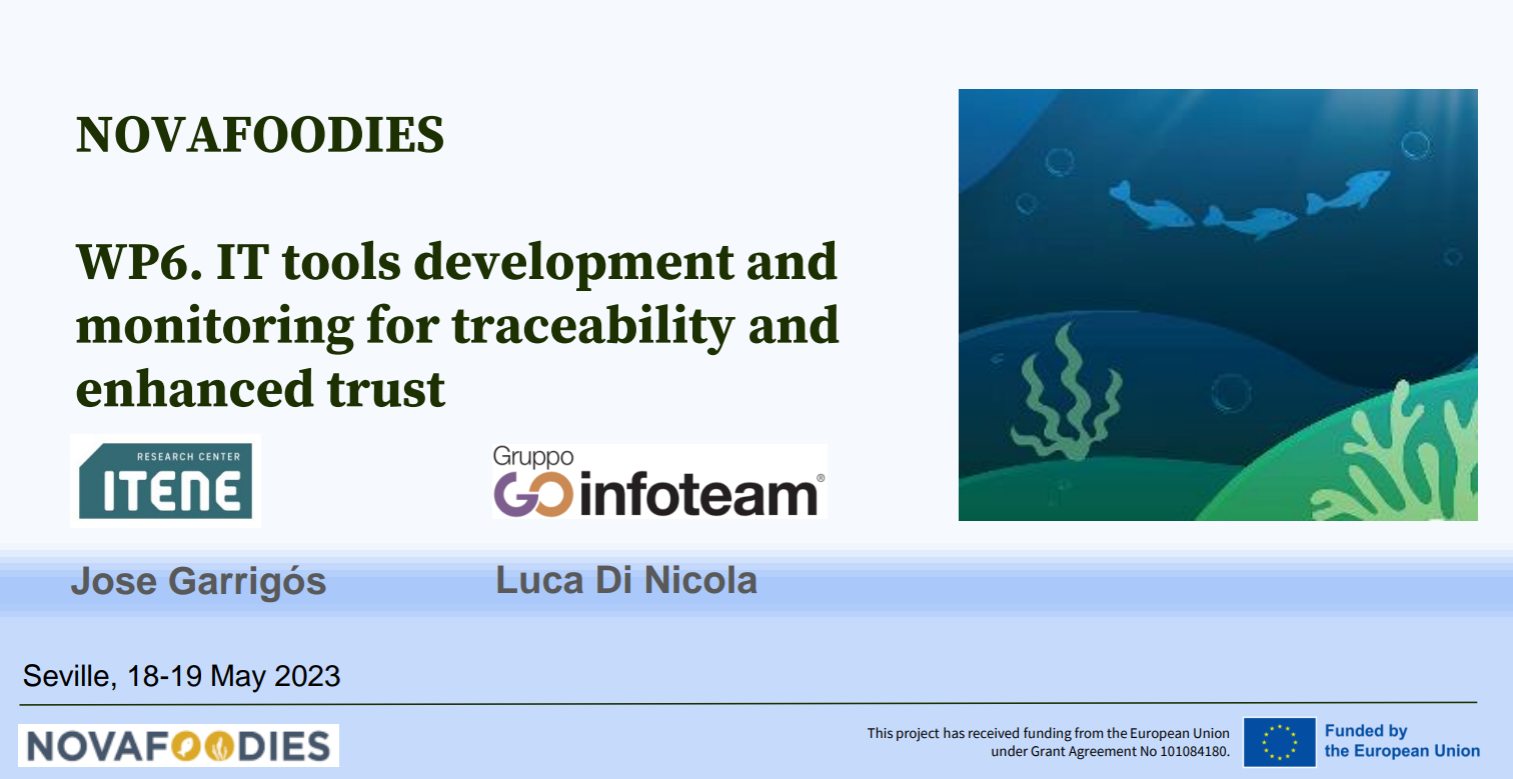Polystyrene Box Management
From marine litter into revenue
The solution proposed by Infoteam is intended to create a collection and enhancement service, from the point of view of a circular economy through the reintegration of expanded polystyrene (polystyrene boxes used for the sale of seafood) as productive factor.
The solution consists of:
- A briquetting machine binding together the boxes into briquets under pressure
- A software for the management of the boxes – with an unique code for user and delivered product
- Marketing management with a view to maximizing polystyrene delivery
- Statistical software of the boxes
- Software for data exchange with collection companies
Direct effects:
- Income generation
- Implementation of innovative solutions in the management of expanded polystyrene boxes
- Dissemination of a knowledge economy based on the use of traceability technologies
- Promotion of the development of a circular economy in the fishery sector
- Promotion of an environmental awareness among the stakeholders
- Implementation of advanced services to the fishing industry operators and, indirectly, to the local community
- Fighting the degradation of the port areas and of the fish markets
- Fighting the marine pollution due to polystyrene boxes
Marine litter coming from the land or from fishery is a critical issue.
It entails significant management costs, affects human health and safety, impacts on marine fauna and flora and damages the environment even with regard to the landscape.
An inadequate management of the solid waste and the increase of illegal landfills, including those of hazardous waste, result in a combination of limited funding for solid waste treatment infrastructures, lack of public awareness, poor implementation and growing urbanization of the coasts. Wastewater treatment facilities are also inadequate in many areas.
The sale of seafood takes place through the use of expanded polystyrene.
The law does not require a particular management of such packages except for the delivery in the separate collection according to the provisions of each Municipality.
The polystyrene boxes are made of about 85% air; this implies that the delivery of a non-processed product causes a very rapid filling of the dumpsters, the abandonment of the waste near the full dumpsters and, consequently, the dispersion in the environment.
According to the 2017 study MARINE LITTER ASSESSMENT IN THE ADRIATIC & IONIAN SEAS published inside the project DeFishGear through IPA funds, polystyrene boxes used to transport and sell seafood are the second cause of plastic pollution in the Adriatic area. Moreover, it has been observed that in the areas surrounding the fish markets the wind often spreads out and disperses the piled up polystyrene boxes, thus increasing the degradation of areas that are often very central.
On the contrary, the boxes that are sent to the separate collection have a significant carbon footprint.
Indeed, the box composition (15% polystyrene and 85% air), results in an inefficient use of the recycling centre vehicles, that, although fully loaded, carry a small quantity and a low weight of recyclable material. Thus contributing to worsen the environmental pressure caused by the cassette disposal.
The creation of a collection, briquetting and compacting centre is able to collect most of the boxes passing through the fish markets and, through collection and processing companies, it is able to generate an income, because the polystyrene so processed can have different direct uses: in the construction and plastic industry.







